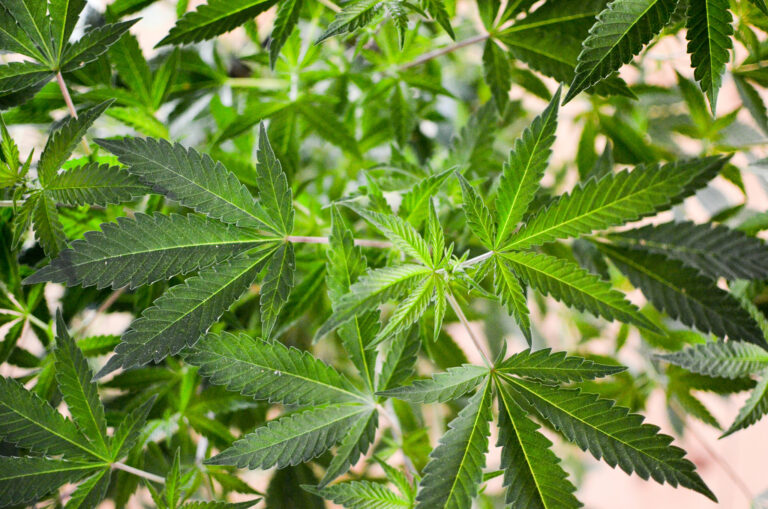New Jersey Will See More Than $1 Billion In Marijuana Sales In 2024, Official Predicts As More Dispensaries Open

“It was a successful year for New Jersey’s growing cannabis market, affirming the efficacy of our approach to building a market on a framework of social equity and public safety.”
By Sophie Nieto-Muñoz, New Jersey Monitor
The long-awaited opening of Jesse Marie Villars’ cannabis dispensary in Lambertville was a longtime goal for the previously underground entrepreneur, and a sign that New Jersey’s cannabis market is flourishing in parts of the state.
Baked by the River, which welcomed customers on December 16, is one of 57 dispensaries that opened in the Garden State this year, the first full year recreational cannabis has been legal in New Jersey.
“It’s definitely been a long process, but we’re grateful to be at this point. We were a legacy, illegal operation. Both me and my partner have been arrested because of cannabis in the past,” Villars said. “It’s honestly such a dream come true to have made it to this point.”
One year ago—the state’s recreational cannabis market opened in April 2022—there were just 22 dispensaries, and those were largely corporate cannabis companies, known as multi-state operators.
Now, at least 79 dispensaries serve recreational customers in 18 counties. Forty of those are open to both medical marijuana patients and recreational users. Nine dispensaries are open only to medical marijuana users.
The boom is just starting: About 25 of the state’s newest dispensaries opened since the summer. Four manufacturers and 16 dispensaries have had their conditional licenses converted to annual licenses, which are required to begin production and sales. And another 14 dispensaries have conditional licenses, putting them one step closer to their grand openings.
“It was a successful year for New Jersey’s growing cannabis market, affirming the efficacy of our approach to building a market on a framework of social equity and public safety,” Jeff Brown, executive director of the cannabis agency, said in a statement.
Cannabis sales totaled $578 million for the first three quarters of the year (details on the final quarter are expected in January). Brown predicted sales will reach $1 billion next year.
New Jersey’s weed is still some of the most expensive in the country, with prices barely budging throughout the year. In part, that’s because the majority of cannabis comes from the same cultivators in the state. An ounce of marijuana on the underground market costs between $150 to $250, while the same amount from a dispensary can run as high as $400
Brown has said increased competition will drive down those prices eventually. He touted the opening of consumption lounges, which will allow dispensaries to offer areas where customers can smoke or eat cannabis products on the premises.
“Next year, we should also see rules adopted on consumption areas and that will potentially present additional growth opportunity for cannabis businesses,” he said.
Even as more dispensaries open, plenty of applicants and business owners say they continue encountering roadblocks.
Some of the trouble is local: Two-thirds of municipalities across the state have banned cannabis dispensaries within their borders.
Villars said although she was able to open, she fell into significant debt while waiting for various approvals. She planned on opening in the spring, but that was delayed after the Cannabis Regulatory Commission misplaced her application for three months, she said.
Similar stories are often shared at the cannabis agency’s meetings. Villars said she wasn’t able to get her issue resolved until she appeared at them to speak directly to the panel.
“I’m a small business. We’re here independently, and we’ve gone into very significant debt on this,” she said. “So when larger businesses open and small businesses are delayed, and they don’t have the ability to protect themselves as much—unfortunately, it’s something I know other small businesses have dealt with as well.”
Cannabis officials confirmed there was an issue with the application process in 2022, which categorized some applications incorrectly and delayed processing. When the commission became aware of the glitch, it expedited those applications to get them processed in the timeframe they would have if the issue had never occurred, officials said.
Commission officials have said local officials limiting where dispensaries can open has prevented the industry from thriving statewide.
“There’s no accountability at the local level,” cannabis attorney Chirali Patel told commissioners in December. “I understand discretion, but I have people who have submitted hundreds of pages of applications for consideration that haven’t even been given a hearing, let alone a reason for denial.”
